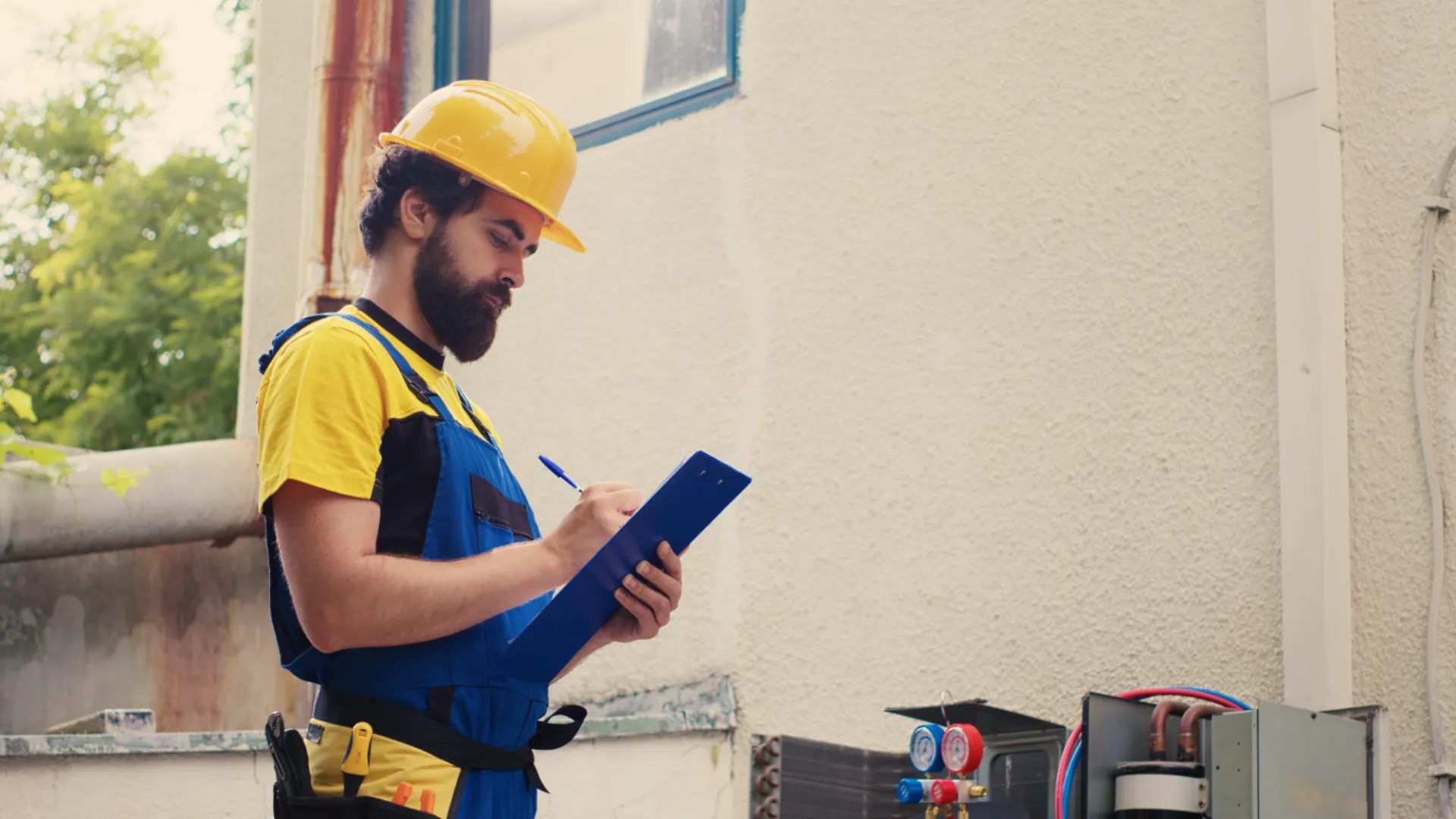As a real estate lawyer based in Toronto, Ontario, one of the most crucial pieces of advice I offer clients looking to buy a home is to never skip the home inspection. It’s easy to get caught up in the excitement of buying a new property, especially in a hot real estate market where homes seem to sell the minute they’re listed. However, while you may be tempted to expedite the process and get your offer in quickly, conducting a home inspection before finalizing the purchase can save you time, money, and stress in the long run.
A home inspection provides invaluable insights into the condition of the property and helps you make a fully informed decision before submitting an offer of purchase and sale. In this blog, we’ll explore why a home inspection is a critical step, how it benefits both buyers and sellers, and some common issues that could arise if an inspection is skipped.
1. Understanding the Property’s True Condition
The primary purpose of a home inspection is to assess the current state of the property. This is not just a superficial walk-through; professional inspectors examine the home’s major systems, including the roof, foundation, plumbing, electrical, and HVAC systems. They also check for structural issues, water damage, and signs of pest infestations.
This detailed report gives potential buyers a clear picture of the home’s condition and identifies any necessary repairs. Without this information, buyers risk making an uninformed offer that could lead to costly surprises down the line. For example, a home that looks beautiful on the surface may have hidden plumbing or electrical issues that could cost thousands to repair.
2. Negotiating Power and Protection
Arming yourself with a home inspection report can give you more leverage when negotiating the terms of your offer. If significant issues are discovered, you can either ask the seller to make repairs before closing or negotiate a lower purchase price to account for the cost of those repairs. Alternatively, you may choose to walk away from the deal if the issues are too extensive.
Including a home inspection condition in your offer is an important legal safeguard. This contingency allows you to back out of the purchase without penalty if the inspection reveals problems that make you reconsider your decision to buy. In Ontario, real estate transactions often move quickly, but it’s essential to take this step to protect your investment.
3. Peace of Mind for Buyers
Buying a home is one of the most significant financial investments most people will ever make. The process can be stressful, especially in competitive markets like Toronto where bidding wars are common. A home inspection provides peace of mind to buyers, knowing that they are making an informed decision about their investment.
Even if the inspection reveals minor issues, being aware of them ahead of time allows you to plan for future repairs and maintenance costs. No home is perfect, but understanding the full picture of the property’s condition before you submit an offer ensures that you’re not caught off guard later.
4. Sellers Benefit from Transparency Too
While home inspections are often seen as a tool for buyers, sellers can also benefit from the transparency they provide. By conducting a pre-listing inspection, sellers can identify and address potential issues before the home goes on the market. This can help prevent future complications and negotiations falling apart during the offer stage.
In a competitive market like Toronto’s, homes that are well-maintained and come with a clean inspection report often attract more serious buyers and stronger offers. It can also demonstrate that the seller has nothing to hide, which builds trust between the parties and helps facilitate a smoother transaction.
5. Common Issues Revealed in Home Inspections
Some of the most common problems uncovered during home inspections include:
- Structural defects: Cracks in the foundation, uneven floors, or sagging roofs can indicate serious issues that need immediate attention.
- Water damage: Leaks in the roof, around windows, or in the basement can lead to mold and mildew, causing health concerns and expensive repairs.
- Electrical problems: Faulty wiring or outdated electrical systems can be hazardous and require costly upgrades.
- Plumbing issues: Leaks, water pressure problems, or old piping systems can result in future repairs.
- HVAC concerns: Aging heating and cooling systems may need to be replaced, which can be a major expense.
- Conclusion
A home inspection is an essential step in the home-buying process, especially in a market as dynamic as Toronto. It helps buyers understand the true condition of the property, provides an opportunity to negotiate, and serves as a critical legal safeguard. Skipping this step may seem like a way to save time or money, but the risks far outweigh the potential short-term gains. As a real estate lawyer, my advice is clear: always prioritize a home inspection before submitting your offer of purchase and sale.
If you have any questions about the home inspection process or need legal guidance in your real estate transactions, feel free to contact me at eran@eranlaw.com and at 416.777.6788. I’m here to ensure that your home-buying journey is as smooth and informed as possible.

